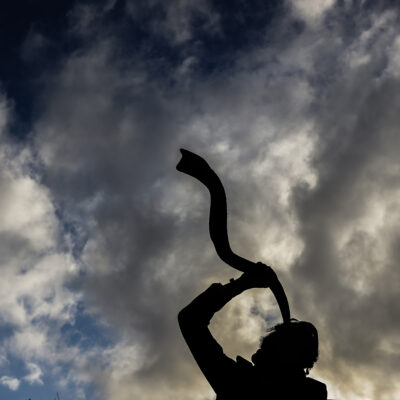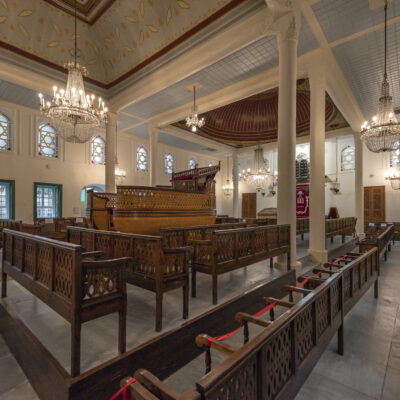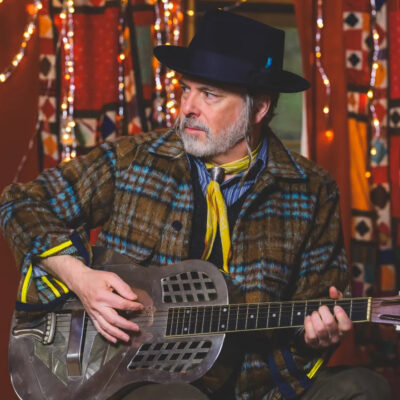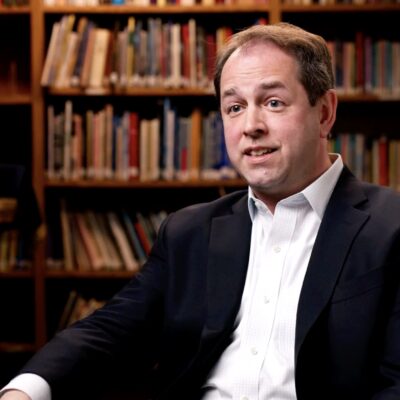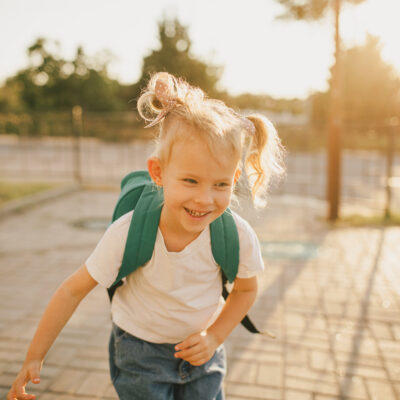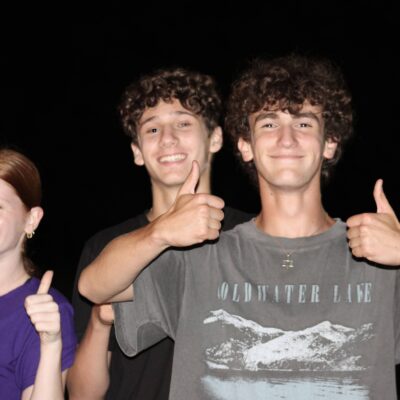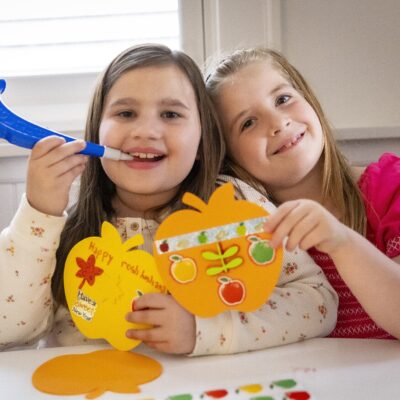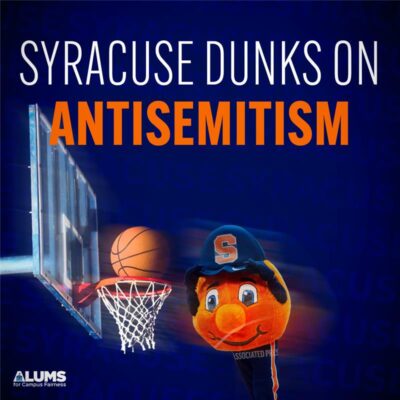Opinion
ROAD TO RECOVERY
Planting seeds of renewal: Philanthropy’s role in rebuilding early childhood education in Israel
In the wake of Oct. 7, 2023, the communities of Israel’s Gaza Envelope faced devastation that shook families to their core. Homes were destroyed, neighborhoods uprooted and daily life fractured. Yet amid the rubble, a clear and profound call emerged from the residents themselves: Bring back the early childhood educational centers.
This request is far from incidental. Early childhood education is not a privilege; it is the heartbeat of society. Kindergartens anchor families, restore routine and provide children with the emotional and cognitive tools they need to thrive. Rebuilding these centers is a declaration that life will continue, that children will grow in their communities and that families will not give up on their future.
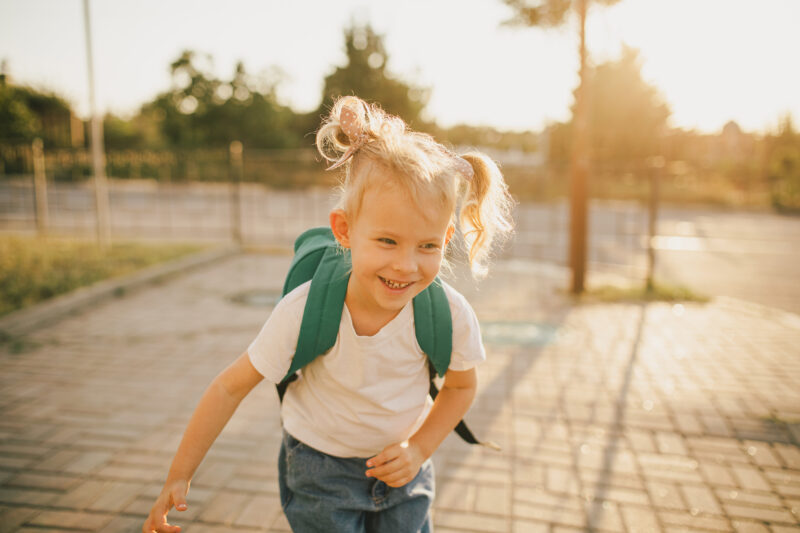
polinaloves/Adobe Stock
Illustrative. Child arrives at schoolyard.
A process of holistic recovery
Guided by this vision, a three-year initiative is rehabilitating and redesigning 32 early childhood educational centers of excellence for ages 3–6 across the Gaza Envelope and northern Israel. This multi-million-dollar project, led by SASA Setton, Alumot Or and the Center for Jewish Impact, in partnership with the Ministry of Education and local municipalities, is a model of comprehensive recovery. The work is not about simply reconstructing buildings but about guiding an entire educational process with teachers and communities at its center.
Each early childhood educational center becomes a laboratory of renewal: First, educators undergo reflective discussions to articulate the needs of their children and families. Together with experts, they translate those needs into a pedagogical vision. From there, new curricula and teaching practices are developed, tailored to nurture resilience, creativity and curiosity.
Classrooms and playgrounds are then redesigned in line with this vision, not only to ensure safety but also to create spaces that inspire exploration, engagement and belonging. The Reggio Emilia approach, adapted to Israeli realities, places the environment as the “third teacher,” turning every corner of the classroom into a stimulus for learning. Emotional support is woven throughout the process: teachers receive mentoring, parents are guided to strengthen the home-school connection, and children are provided with tools to process trauma and rediscover joy in learning.
At every stage, this is a ten-step journey of dialogue, design and implementation. From the initial conversations with educators, through community workshops, architectural redesign and professional mentoring, to the final phase of establishing ongoing evaluation and adaptation, the process ensures that early childhood educational centers emerge not only stronger but deeply rooted in the lived experiences of the communities they serve.
Philanthropy as a true partner
None of this would be possible without philanthropy that chooses to act not as a director but as a partner. The Mike and Sofia Segal Foundation has been central in enabling this vision, providing the resources and flexibility that allow educators to lead the process themselves.
Bank Hapoalim has likewise embraced this model, recognizing that resilient communities begin with resilient children. Its investment ensures that each center has the infrastructure and resources to meet the evolving needs of families. The Rothman Family Foundation has added its support, helping expand the reach of the project and demonstrating how family philanthropy can sustain national resilience.
Together, these partners embody the best of philanthropic practice, empowering educators, strengthening families and anchoring communities in times of crisis.
The lesson is unmistakable: Investing in early childhood education is investing in Israel’s future. Children are not only learners, they are the next generation of citizens, leaders and innovators. Prioritizing their development is not a choice or a luxury, it is a national imperative. Programs that combine pedagogy, environment and emotional support are essential for ensuring that every child can thrive and that every community can recover fully.
Renewal in the new year
The timing of this work resonates deeply as Israel enters the Jewish New Year, a season of reflection, hope and renewal. Just as Rosh Hashanah symbolizes new beginnings, these early childhood centers offer communities the opportunity to start anew, to plant seeds of resilience and to nurture the growth of the next generation.
As the school year begins, we celebrate the courage of educators, the determination of families and the vision of partners like the Mike and Sofia Segal Foundation, Bank Hapoalim and the Rothman Family Foundation. Their unwavering commitment ensures that Israel’s youngest citizens can look forward to a future of curiosity, creativity and confidence. By investing in children, we invest in the nation itself, laying the foundation for a stronger, more resilient society.
Sonia Gomes de Mesquita is the deputy chair of SASA Setton and CEO of the Center for Jewish Impact. She was previously the chief operating officer of World ORT, and the chief programs officer of the World Jewish Congress.

 Add EJP on Google
Add EJP on Google